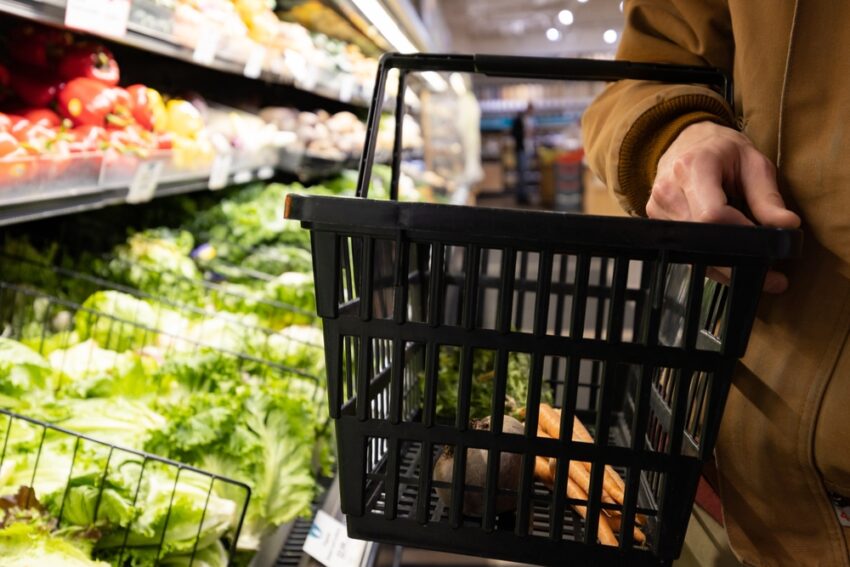Bosses of Britain's biggest supermarket chains have warned that food prices could rise again if Chancellor Rachel Reeves increases taxes on the retail sector in her upcoming Budget.
In a joint letter to the Treasury, executives from Tesco, Sainsbury's, Asda, Morrisons, Aldi, Lidl, Waitrose, M&S and Iceland warned that the “impact” of any increase in business rates or other levies on the industry will “inevitably be felt” by households.
“Given the costs currently falling on the industry, including in the last Budget, high food inflation is likely to persist through 2026,” the letter said. “This is not something we would want to see in the budget for a long time by any measure.”
The supermarket intervention comes amid speculation that Reeves will unveil new tax measures to plug a £22bn shortfall in the public finances, after the Office for Budget Responsibility downgraded growth forecasts.
In particular, retailers are concerned about government plans to impose an “additional tax on business rates” on large commercial properties – a move that is expected to hit supermarkets and distribution centers the hardest.
Under the proposed changes, smaller shops and hospitality venues with a rateable value under £500,000 will benefit from lower rates, while larger premises above that threshold – including major retail stores and warehouses – will face higher bills.
The British Retail Consortium (BRC), which represents the country's largest grocers, said big stores account for only a small share of retail spaces but contribute about a third of the sector's overall business rates.
Helen Dickinson, chief executive of the BRC, said: “Retailers are doing everything they can to keep food prices affordable, but it is an uphill battle with additional costs expected to exceed £7 billion in 2025 alone. The easiest way to help would be to ensure business rates do not rise further.”
Reeves faces one of the toughest financial tests of his tenure ahead of the autumn budget on November 26. After last year's £40bn tax package – which included an increase in employer national insurance contributions – he pledged “not to come back for more tax rises”.
However, analysts at the Institute for Fiscal Studies (IFS) warn that weak growth, rising borrowing costs and unfunded spending pledges will almost certainly require further tax increases.
The Chancellor has indicated that “people with broad shoulders should pay their fair share”, but economists question whether a tax targeted at professional partnerships or the wealthy can raise enough money without sweeping measures.
Food inflation, which was projected to top 19 percent in 2023, has moderated but remains well above pre-pandemic levels. The Office for National Statistics (ONS) reports that prices of staple foods such as butter, milk, chocolate and coffee have increased between 12 and 19 per cent year on year.
Retailers argue that additional fiscal pressure could push prices higher by 2026, especially as the sector grapples with global supply shocks, poor harvests and rising labor costs.
Tesco chief executive Ken Murphy recently said business had “enough” over taxation, revealing that higher National Insurance contributions had already cost the company £235 million this year.
Despite those pressures, Tesco expects profits for the full year to reach £3.1bn, while Lidl reported its pre-tax profits more than tripled to £156.8m in the year to February.
A Treasury spokesperson said tackling inflation “remains a priority” and highlighted recent measures to cut business rates for small retailers including butchers, bakers and high-street shops.
He added: “Business rates will be adjusted to reflect changes in property values so that the system continues to raise the same amount of revenue in real terms. Even if a property's valuation goes up, its bill may still fall if the tax rate is reduced.”










